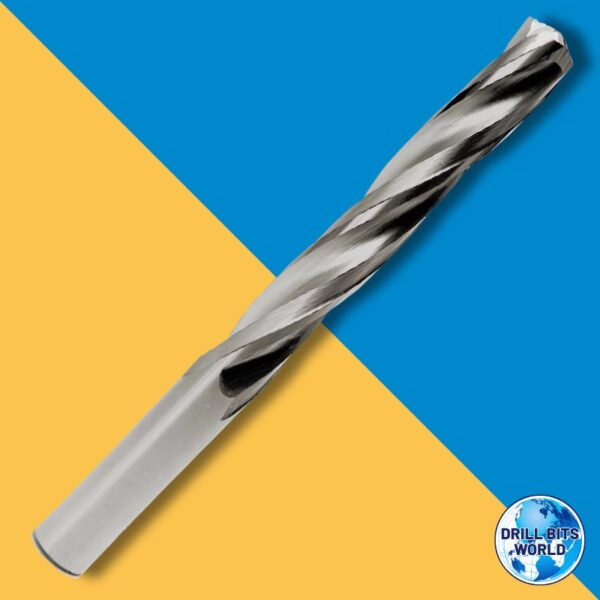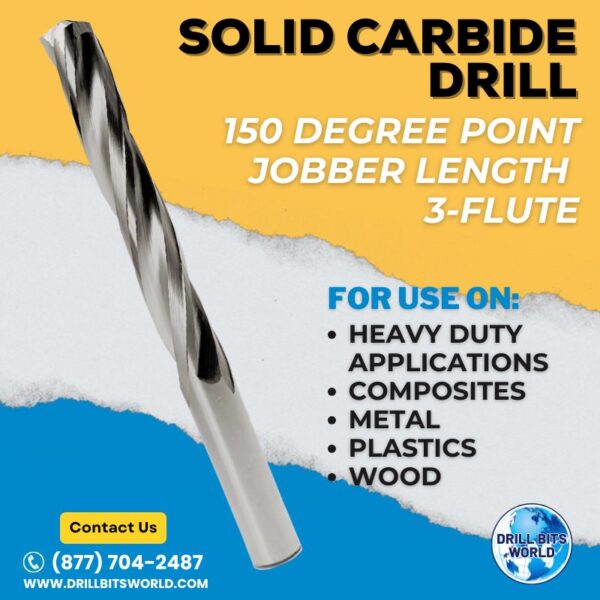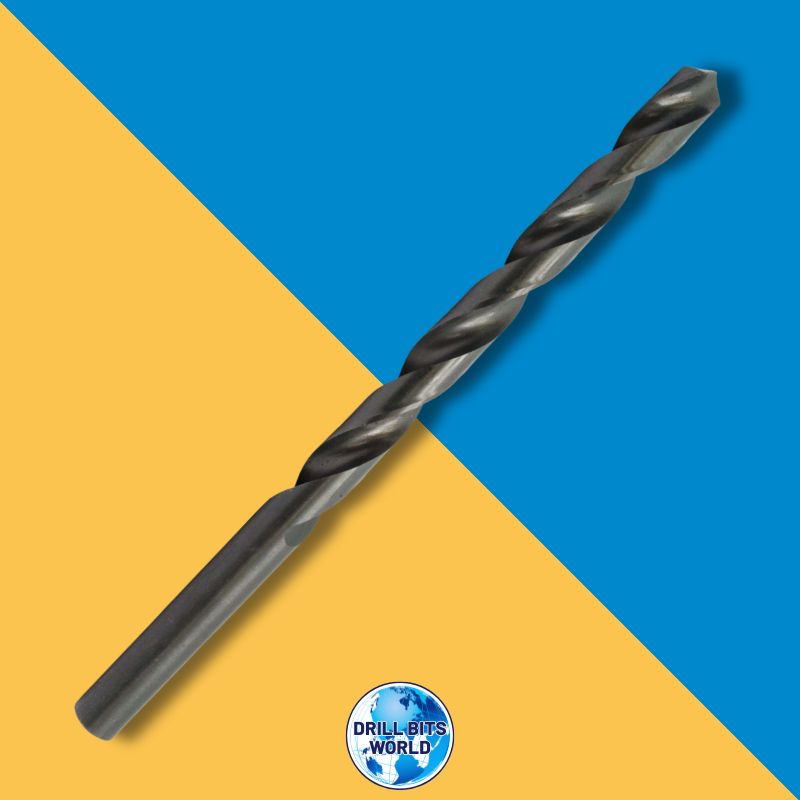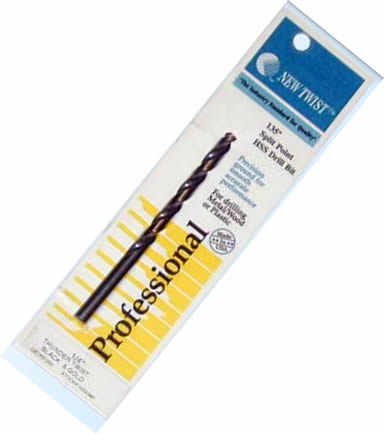







13/64 – 3-Flute Solid Carbide Drill Bit – Jobber Length – Fractional Size
$66.69
Discover the 13/64 – (C803) 3-Flute Solid Carbide Drills, engineered for heavy-duty tasks and tough materials with precision. Featuring a 150-degree point and three flutes, these durable jobber length drill bits deliver exceptional cutting performance. Perfect for professionals and DIY enthusiasts, these reliable tools are essential for any toolbox.
- Description
- Additional information
- FAQ's
Description
Introducing the 13/64 – (C803) 3-Flute Solid Carbide Drill Bit – Jobber Length – Fractional Size, expertly designed for heavy-duty applications and perfect for tackling tough materials with precision and ease. This drill bit features a 150-degree point and three flutes, ensuring exceptional cutting performance and durability. Ideal for both professional contractors and DIY enthusiasts, the 13/64 – (C803) drill bit is a must-have addition to any toolbox. Trust in our high-quality, reliable tools to get the job done right every time.Additional information
| Weight | 1 lbs |
|---|---|
| Dimensions | 3 × 1 × 1 in |
| Diameter Size | 13/64 |
| Flute Type | 3-Flute |
| For Use On | Composites, Metal, Plastics, Wood |
| Material | Solid Carbide |
| Flute Length | 1-3/4 |
| Overall Length | 3 |
| Point | 150 Degree |
| Size Type | Fractional |
FAQ's: Carbide Drills
Will a carbide bit drill stainless steel?
admin2025-08-09T18:55:16+00:00Yes—carbide bits excel at cutting stainless steel with proper speed, feed, and lubrication.
Why are carbide bits so expensive?
admin2025-08-09T18:54:47+00:00Tungsten carbide is costly to produce and machine, plus it offers superior performance and lifespan.
Which is better cobalt drill bits or carbide tipped drill bits?
admin2025-08-09T18:54:18+00:00Cobalt is better for general hard metal work; carbide tipped is best for extreme hardness or abrasive materials.
What’s better than carbide drill bits?
admin2025-08-09T18:53:38+00:00For most metals—nothing. For masonry, diamond bits can outperform carbide in speed and durability.
What are the advantages of carbide tips?
admin2025-08-09T18:52:47+00:00Longer life, better heat resistance, faster cutting, and the ability to drill harder materials.
What are carbide tipped drill bits used for?
admin2025-08-09T18:52:20+00:00Drilling through masonry, concrete, tile, hardened steel, and other tough materials.
Is carbide tipped the same as diamond tipped?
admin2025-08-09T18:51:42+00:00No. Carbide tipped uses tungsten carbide inserts; diamond tipped uses bonded diamond grit for cutting.
How to tell if a drill bit is carbide tipped?
admin2025-08-09T18:51:03+00:00The cutting edges will be visibly brazed onto the steel body, often a different color or texture.
How to tell if a drill bit has a carbide tip?
admin2025-08-09T18:50:18+00:00Look for a silver or gray insert at the cutting edge—different from the bit’s main body.
How long do carbide drill bits last?
admin2025-08-09T18:49:39+00:00With proper use, they can outlast HSS by 10–20 times, especially in hard materials.
Do carbide drill bits break easily?
admin2025-08-09T18:49:12+00:00They’re extremely hard but brittle—excessive side pressure or flexing can cause breakage.
Can you sharpen carbide tip drill bits?
admin2025-08-09T18:48:21+00:00Yes, but you’ll need a diamond grinding wheel—standard grinders won’t work.
Can you recycle carbide drill bits?
admin2025-08-09T18:47:49+00:00Yes. Many scrap yards and tool suppliers buy used carbide for recycling.
Are titanium drill bits stronger than carbide?
admin2025-08-09T18:47:05+00:00No. Titanium-coated bits are still HSS underneath. Carbide is harder and more wear-resistant.
Are diamond drill bits better than carbide?
admin2025-08-09T18:46:31+00:00For stone, tile, and glass—yes, diamond is better. For metal, carbide outperforms diamond bits.
Are cobalt bits better than carbide?
admin2025-08-09T18:45:51+00:00Not for the hardest materials. Cobalt is tougher and more forgiving, but carbide stays sharper longer and handles extreme hardness better.
Are carbide drill bits worth it?
admin2025-08-09T18:45:09+00:00Yes—if you drill hard materials like stainless steel, cast iron, or hardened alloys. They cut faster, stay sharp longer, and handle heat better than HSS.




